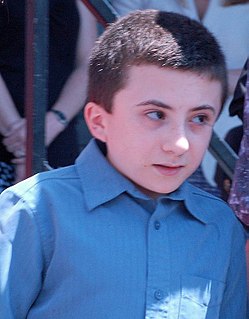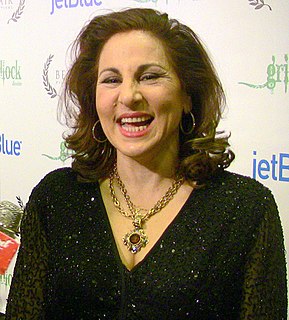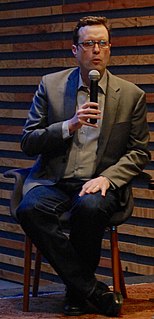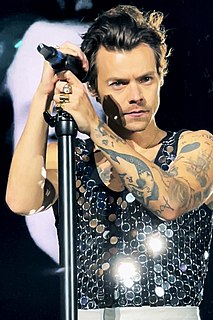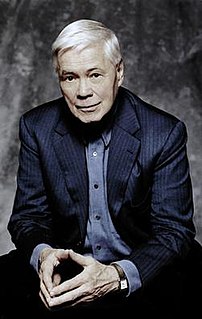A Quote by Hideaki Itsuno
Making the visuals photo-realistic lets us do things we were never able to do before. The voice acting, the facial expressions, are all that much deeper.
Related Quotes
While voicing animations I use the same acting muscles, even more because you have to channel all into your voice, whereas when you're live-action you get props and scenery and other actors and your facial expressions and what happens to help you. It's not necessarily easier as an actor to do voice-overs, it's easier as a person.
Even if you close your eyes, you'll still hear Donald Trump sniffing. Linguists might call [these visuals] paralinguistics, every form of information including facial gestures and facial features. Obviously these things get scrutinized in tremendous detail, so that a cough can be of outsized importance. [But] that's all part of the package.
In a movie, it's often important to have aliens whose gestures and facial expressions can be 'read' by humans. And in the days before sophisticated computer animation, most extraterrestrial bit players were guys in rubber suits. Such practical considerations forced Hollywood's hand when it came to aliens - they look like us for good reasons.
Just the fact that there's motion and sound, took me a long time on Walking Dead to get used to the fact that in television, characters don't have to say things. In comics, people have to say I feel this way, or I want to do this, and you can do so much with gesture and movement and facial expressions that you can do sometimes facial expression stuff in comics, but you can do so more if somebody can move around without actually speaking. That leads to a different style of writing between the two mediums.
We read off the many signals that our companions' clothes transmit to us in every social encounter. In this way, clothing is as much a part of human body language as gestures, facial expressions and postures.Even those people who insist that they despise attention to clothing, and dress as casually as possible, are making quite specific comments on their social roles and their attitudes towards the culture in which they live.

